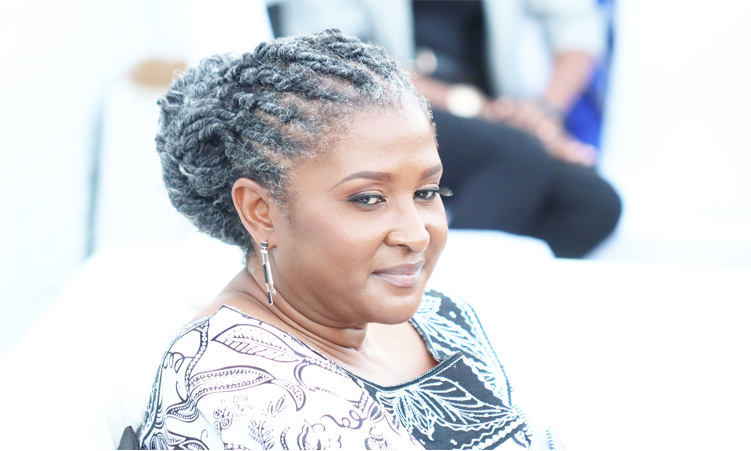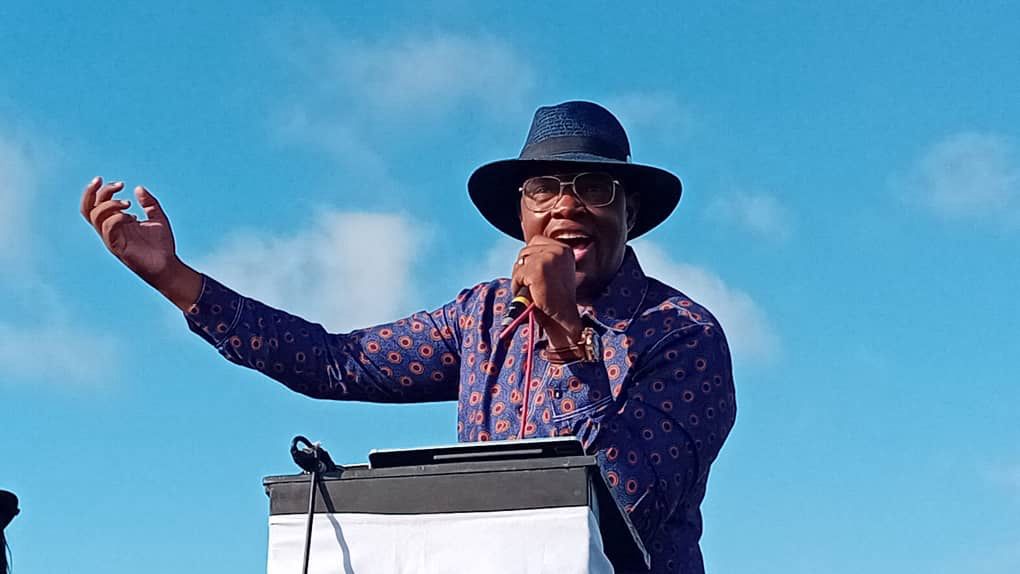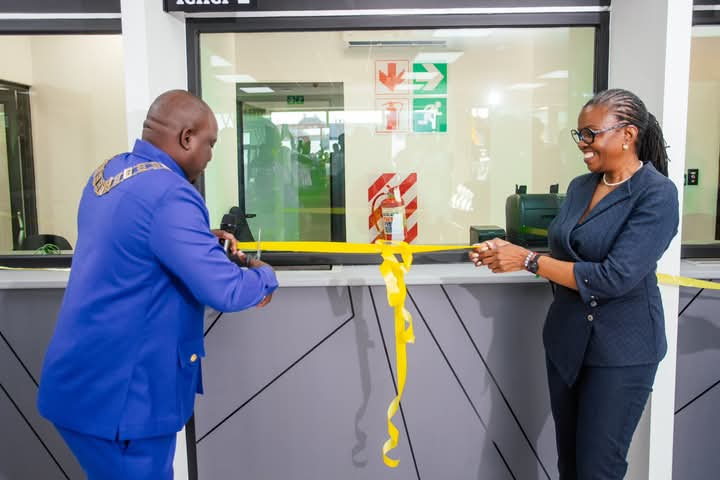Namibia’s first lady, Monica Geingos, has shared some of her experiences of cybercrime with The Namibian, encouraging victims to put their ‘foot down’ regarding such crimes.
Geingos highlights the issue of impersonation, saying fake accounts using her name and image have scammed unsuspecting victims out of money in the past – even after issuing regular warnings.
“I am also regularly the target of malicious and defamatory claims, particularly during political campaigns. I have a thick skin, so I don’t mind the full use of freedom of speech. However, all rights have limitations, and the more I ignored these attacks, the more vile and frequent they became.
“I eventually put my foot down and litigated as I realised my silence was not protecting me,” she says.
She was referring to a defamation lawsuit she won against northern Namibia teacher Abed ‘Bishop’ Hishoono last year.
Geingos was awarded damages in the amount of N$250 000.
Hishoono was also ordered by the High Court to apologise to Geingos and retract the slanderous claims he made about her in a video recording distributed via WhatsApp.
Geingos says she is concerned about the long-term impact of online violence.
She is also troubled by the prevalence of victim-blaming, she says.
The first lady says cross-sector collaboration, including responsible reporting by the media, is needed to strengthen the response to crimes against women and children – both on- and offline.
Geingos underscores the importance of mental health support, comprehensive legislation, specialised training for response system personnel, and parental monitoring of children’s social media usage.
She also advocates training teachers and other professionals who work with children to ensure they know how to report such cases.
“Perpetrators need to be held accountable to deter others from doing the same,” she says.
The first lady’s office has assisted many young people in cybercrime cases, including those involving revenge porn and other social media incidents.
In one high-profile case from 2016, her office became the main complainant to protect the identities of adolescent girls involved in an online exploitation matter.
The case is ongoing, and the victims continue to receive psychosocial support and preparation for court proceedings.
Under her office, the national ‘BreakFree from Violence’ campaign was established to focus on preventing violence and offering support to survivors.
Geingos says many positive outcomes are achieved by using the arts to communicate anti-violence messages and engaging male community members in the programme.
She refers to last month’s International Women’s Day speech by police chief inspector general Joseph Shikongo, who said despite Namibia being recognised internationally for its progressive legal provisions that uphold gender equality, women and girls remain subjected to unprecedented levels of harassment, violence, and privacy violation in the online space.
“The protection of the most vulnerable members of society, particularly women and girls, requires action from all stakeholders,” he said.
Shikongo said the Namibian Police have a dedicated team at their cybercrime subdivision and gender-based violence protection unit responsible for investigating online gender-based violence and child abuse.
“However, online violence, like all other forms of gender-based violence, is seriously under-reported,” he said.
Shikongo said the police will continue to be committed to educating and empowering women and girls regarding online safety.
Stay informed with The Namibian – your source for credible journalism. Get in-depth reporting and opinions for
only N$85 a month. Invest in journalism, invest in democracy –
Subscribe Now!










